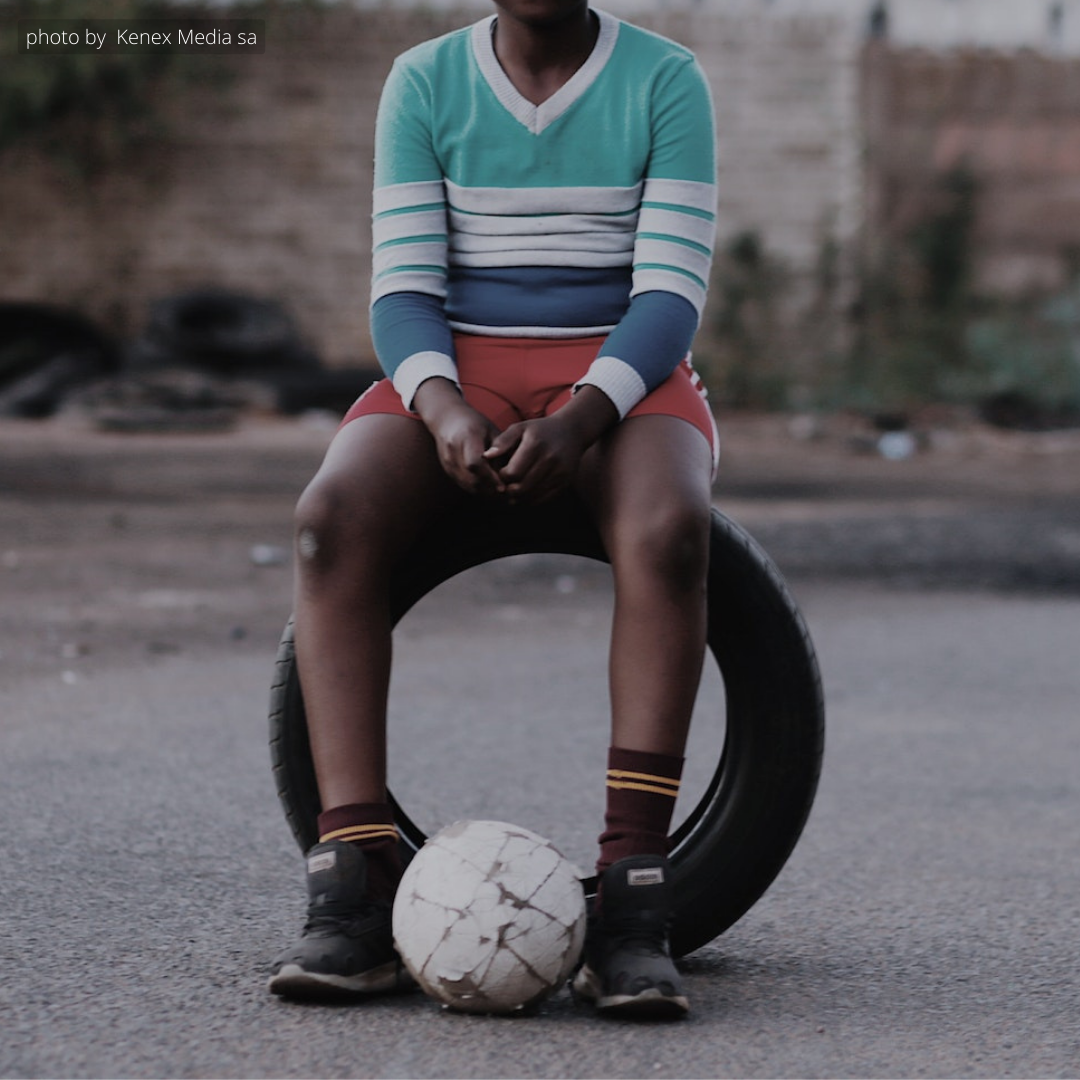The need to belong, be accepted and be admired by other adolescents sits alongside the expectations that other people, often adults (including caregivers), have of young people.
For this reason, young people need to be offered age-appropriate education about setting healthy boundaries, their sexual development, sexual rights and desires, and how to manage these in the context of respectful relationships. When children do not know these things, it enables offenders to take advantage of them.

“I tried talking to my mum about sex, but she told me she is not having this conversation with me.”
~ young survivor, Namibia

Caregivers were often reluctant to talk about sex with young people, who then felt unable to ask questions when problems arose, or when guidance was sought.
This left them vulnerable and made it much more difficult to disclose and seek help when things went wrong and in the aftermath of the abuse and/or exploitation, a period which may have included psychological distress, pregnancy or sexually transmitted diseases.
In the Disrupting Harm: Conversations with Young Survivors report, young survivors emphasised the need for age-appropriate information about sex that starts at an early stage:
“No, no one taught me about it. Yeah, so like, yeah, you should start teaching them when they are young, four years old, you should start telling them, ‘It’s not right, it’s not right’.”
~ young survivor, Malaysia
Environments that result in discomfort, shame, or embarrassment regarding conversations around sex and sexuality can make it more difficult for children and young people to report and seek help when experiencing sexual exploitation or abuse.
Providing children and young people with information about sex, sexuality, bodily integrity, and consent may help them recognise risky situations and inappropriate behaviours happening both in-person and online. Support should also be given to caregivers, teachers, medical professionals, and social workers, to overcome discomfort around discussing sex and sexuality, in order to encourage open dialogue with young people about sexual abuse and exploitation.
Funded by the Global Partnership to End Violence Against Children, Disrupting Harm is the largest scale comprehensive research study ever undertaken on the topic of online child sexual exploitation and abuse which specifically focused on 13 countries in Southeast Asia and Southern and East Africa between 2019 and 2022. The study is a joint collaboration between ECPAT, INTERPOL and the UNICEF Office of Research – Innocenti.
Adjacent to the country-specific research activities, Disrupting Harm: Conversations with Young Survivors centres the perspectives of young survivors of online child sexual exploitation and abuse. The conversations focus on understanding and interpreting what these young people were subjected to, as well as their ideas concerning the best solutions.
Join us virtually on 19 January 2023 from 3-5pm UTC+7 for the online event Disrupting Harm: Conversations with Young Survivors of Online Child Sexual Exploitation and Abuse.
Hear from child protection professionals and youth participants as they present the key messages shared by survivors who participated in the conversations for the Disrupting Harm project.
About Disrupting Harm, our research, and our partners
Comment, like and share to help us get the word out! #DisruptingHarm
Twitter | Facebook | Instagram | LinkedIn